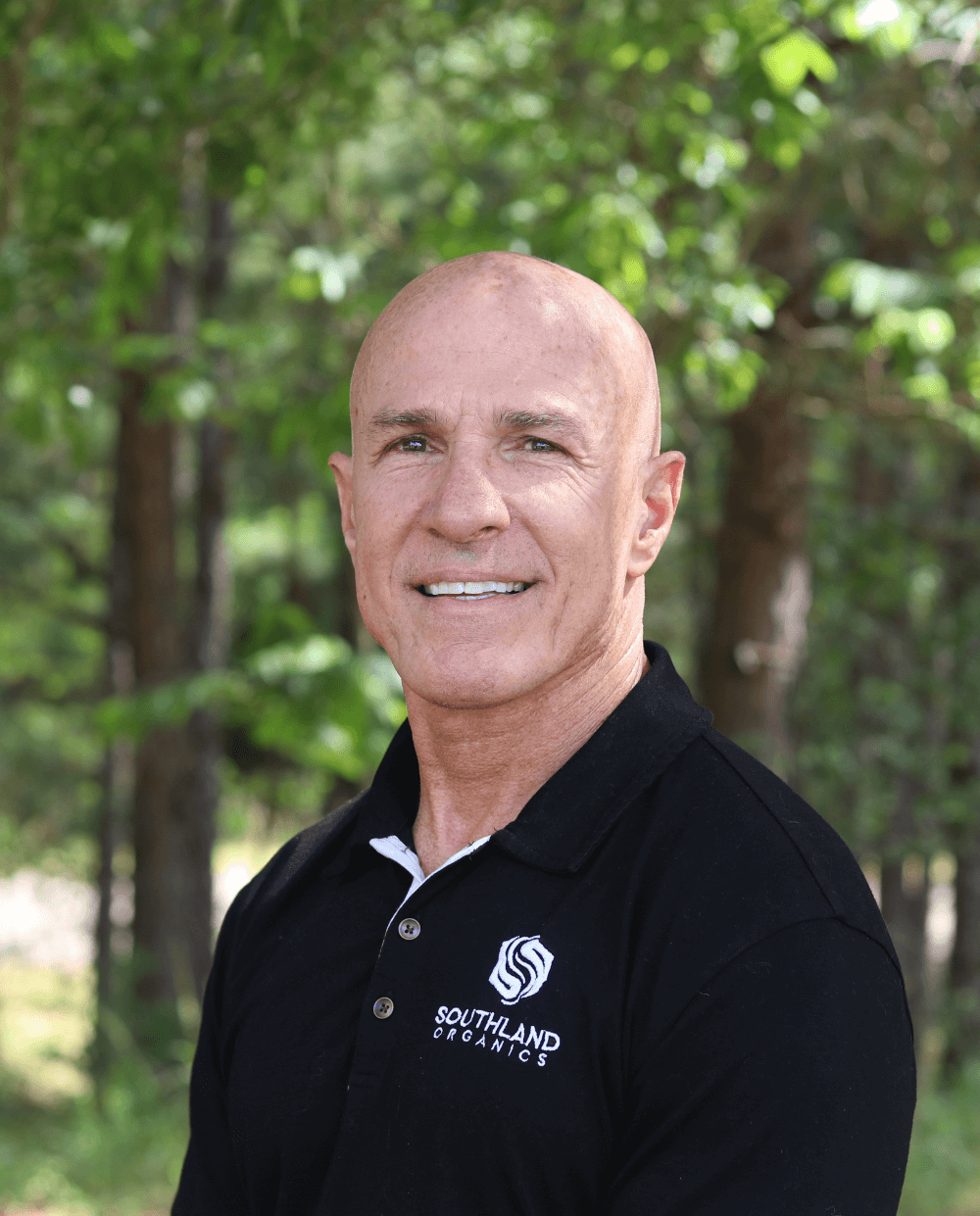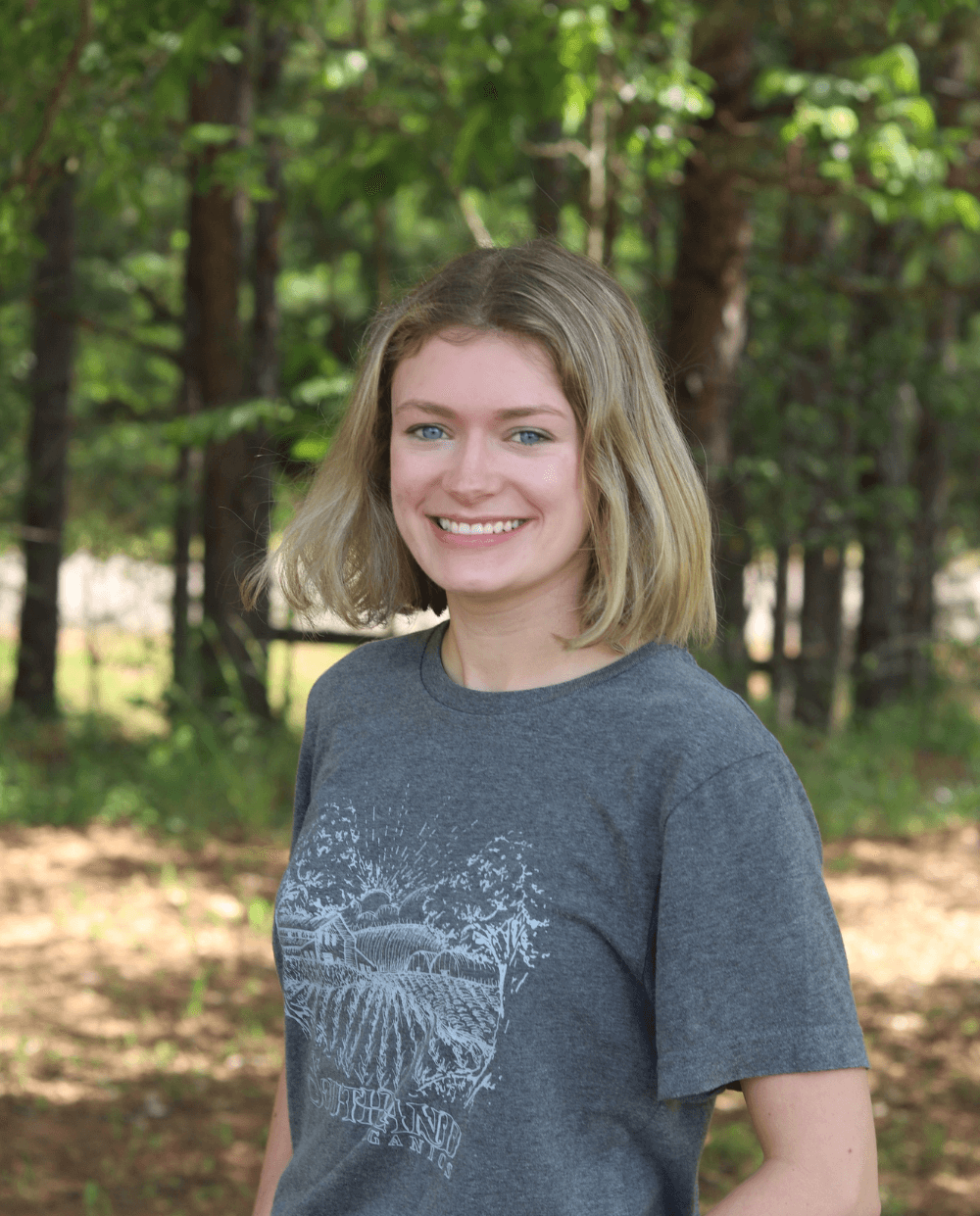We have covered chicken dermatitis before, so now it's time to focus on the unique challenges and treatment techniques for dermatitis in turkey farms.
Dermatitis in both chickens and turkeys is caused by Clostridium. When bacteria, viruses, parasites and toxins get in the gut and affect the gut barrier, poultry become vulnerable to Clostridium and thus, dermatitis. Sometimes we refer to this gut vulnerability as "leaky gut."
Identify Dermatitis in Turkeys
What are signs of dermatitis for turkeys? According to a supervisor for one of the turkey integrators, the main signs are abnormal leg positioning, blisters and localized mortality.
If you see a turkey with one leg under them and one leg behind them, it may be a red flag for a dermatitis problem.
If you see this, reach down, turn them over and look for blisters on their skin. Clostridium heats the birds up and it starts creating blisters on the skin. If both these signs are present, you're likely dealing with dermatitis.
The last big sign is very localized mortality. You see one dead bird and you get rid of it. The next day, there's three. The next day, there's fifteen, and so on. With dermatitis, birds often begin dying around the same area because the litter is infected with the disease.
Unfortunately, once you see these signs of dermatitis, it's too late to stop it. The best thing you can do from here is react appropriately.
Reacting to Dermatitis
If your flock has dermatitis, it may be too late to stop it, but there are still some things you can do to minimize the damage.
Cull
Unfortunately, one of the first things you need to do is cull. This will prevent the disease from spreading and getting even worse.
Along with culling aggressively, you may need to increase the amount of times you collect your mortality per day. Some people suggest about three times per day, while others say to collect as often as every three to four hours.
Collecting Mortality
When you collect your mortality, be careful to not set them back down anywhere in the house. If you do, they could spread the Clostridium and infect healthy birds.
We made a video about the main differences between chicken farming and turkey farming, and a huge one was the size of the bird. If you're picking up a lot of big turkeys, you may need to take a cart in there to help you carry them and keep them off the ground.
Use a Probiotic
Simply removing the bird doesn't get rid of the disease's presence on the floor. Some farmers use Litter Life to spot treat the areas where they see the localized mortality with dermatitis. You use a pint of Litter Life in a gallon pump sprayer and spray the problem areas. The probiotics will go into the soil and work to outcompete the harmful bacteria that are causing the dermatitis.
Amp Up your Biosecurity
When facing an issue like dermatitis, you need to increase your biosecurity. Stay diligent: protection of your shoes, seeing who's coming in and moving from house to house.
Preventing Dermatitis
If you have dermatitis, all you can do is get as many birds through it as possible. But there are ways to prevent it!
We like to recommend farmers to control what you can control. You don't get to pick what kind of feed you get mixed. You don't get to pick what birds you get. A lot of elements are out of your control, but here are a few things you can control.
Biosecurity (again!)
Stay on top of your biosecurity practices. Just because you have gotten by previously with lax biosecurity doesn't mean that it's not going to bite you on the butt one day.
Control the Source
Look back at what the causes are: bacteria, viruses, toxins and parasites. Getting a good probiotic in your house can help prevent these things from thriving. Disinfect your lines, clean your houses and get good bacteria in the gut so that Clostridium doesn't take over in the gut lining.
Minimize Stress
We also did a video on how stress affects the gut of the bird. When birds are under stress, the cohesion of cells in the gut comes apart on a microscopic level. This causes what we call "leaky gut." The lack of cohesion allows gut microbiota to escape, or "leak," into other parts of the body, which can cause serious issues. So watch stressors like noise, feed outages and poor water quality.
Contact Us
We hope this helps you identify, treat and prevent dermatitis. If you have any questions or ideas for future videos, reach out to me at allen@southlandorganics.com. To stay up to date on our content made just for poultry growers, subscribe to our Poultry Biosecurity YouTube channel.






